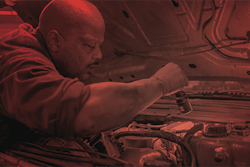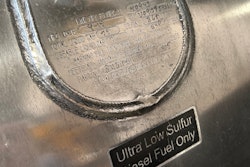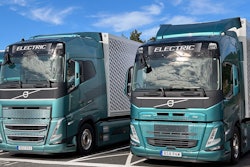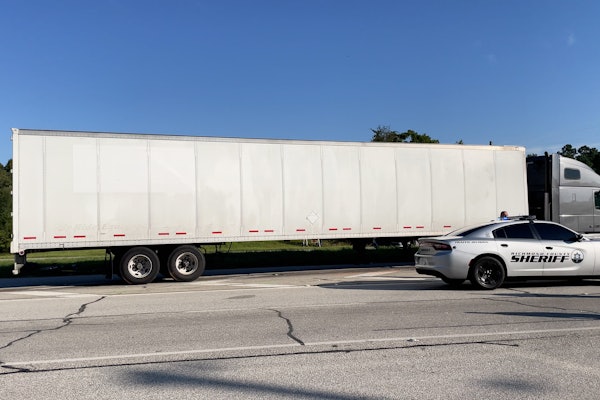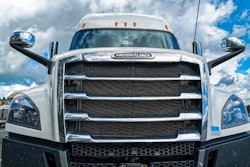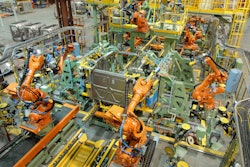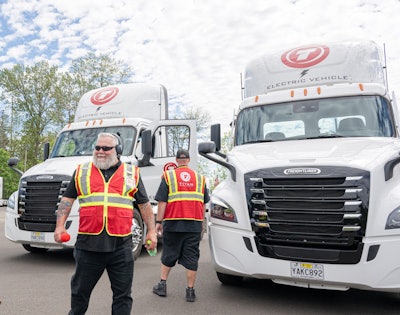
Research conducted by American Transportation Research Institute (ATRI) shows renewable diesel is not only a promising solution for lowering the trucking industry’s CO2 emissions, it's also significantly cheaper than battery electric technology.
Produced from food and organic waste, renewable diesel (RD) is chemically identical to petroleum diesel and can therefore be mixed with petroleum diesel in various ratios or used as a standalone drop-in fuel in a traditional diesel truck without consequence or aftermarket upfit. It is not a biofuel (or biodiesel), which is chemically different than petro diesel.
RD consumption levels last year reached 2.868 billion gallons annually in the U.S., according to ATRI – a nearly 67% increase from 2022. In 2022 CARB reported that 73% of RD consumed in the U.S. was sold in California and received credits through its Low Carbon Fuel Standard (LCFS) regulatory program.
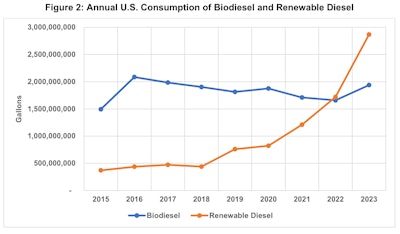 ATRI
ATRI
However, Oregon has become a hotbed for renewable diesel deployment. Andy Owens, CEO and manager of Glendale, Oregon-based A&M Transport noted his company "quickly and successfully" transitioned to renewable diesel in April 2023, adding "ATRI’s research offers concrete evidence that this move is better for the environment and easier to achieve than other low-carbon options."
Indeed, ATRI's research found that while both RD and battery electric pathways have implementation costs, relying on BEV to decrease CO2 emissions is nearly six times more expensive than using RD.
[Related: Proof small fleets can go electric in a big way]
Portland, Oregon-based LTL carrier Titan Freight is one of the state's RD pioneers, and President and CEO Keith Wilson said renewable diesel powers roughly 54% of Titan's annual miles across three states as of last year and uses about 200,000 of renewable annually. The motor carrier is 100% renewable diesel from its Portland headquarters, and Wilson said the carrier would be a total renewable diesel convert if it could only get the fuel more widely in Washington and Idaho. Wilson said 76% of fuel use in Oregon and Washington is now RD. "Washington state’s low carbon fuel standard is now operational and our western Washington fleet now is being fueled with RD," he added.
Federal incentives like the Biodiesel Income Tax Credit and the Renewable Fuel Standard (RFS2) have helped to accelerate interest in biodiesel and renewable diesel, and incentives has helped Wilson and Titan secure RD at a discount compared to petro diesel.
Beyond potential volatility among feedstocks – namely soybeans and waste cooking oil – RD doesn't face the infrastructure hurdles that a BEV rollout does.
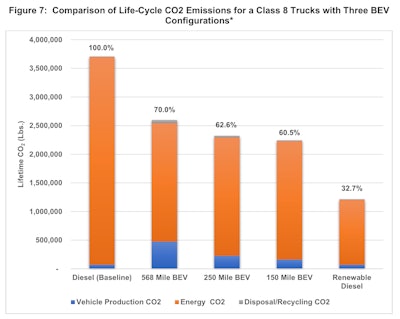 ATRI
ATRI
Titan Freight was also the recipient of Oregon's first heavy duty electric vehicle.
Battery electric trucking is an almost $1 trillion proposition, and that doesn't include the cost of acquisition for the actual trucks, according to a report compiled by the Clean Freight Coalition (CFC), an alliance of truck transportation stakeholders. However, to achieve similar CO2 benefit with RD, ATRI estimates a price tag of $203 billion. Since RD is considerably more scalable than BEV and can be deployed immediately in trucks without modifications, it is likely that CO2 benefits using RD can be achieved on a much shorter timeline than with a BEV transition, ATRI found.
Prior ATRI research, utilizing the Department of Energy/ANL GREET Model, found that switching a petroleum diesel truck to a BEV truck would decrease CO2 emissions by 30%. That same research found that using RD in an existing ICE truck could decrease the trucking industry’s carbon footprint even more effectively than BEV trucks as the per-truck life-cycle CO2 reduction using RD compared to petroleum diesel is 67.3%.
"RD has the ability to achieve public policy goals related to CO2 emissions at a discounted price and with greater certainty than BEV," the report concluded.


